Retinol is perhaps one of the most coveted anti-aging ingredients in the beauty market—and with good reason. It encourages revitalized skin, helps tighten and firm your look, evens skin appearance, and creates a plumping effect.
However, it also causes sun sensitivity, flaking, peeling, and irritation. The main role of our skin is protection from environmental elements. It’s important to note that retinol puts its barrier function at risk for becoming severely impoverished.
Keep in mind that cells can only divide a limited amount of time (hence the reason why we age), so they won’t be able to repair tissue forever. Continuously applying retinol can actually speed up this process in the long run.
The problem with retinol
To make matters worse, there are a myriad of different strengths and delivery systems on offer, so consumers may not be using the correct one for their skin type because they are not being properly educated.
Not to mention, further irritation can occur if retinol is being combined with other products in your routine that don’t mesh well. Retinol is a blessing and a curse. So what if we were to tell you that you could have all the benefits without the despicable side effects?
Well, you can. Read on to find out more about the natural alternative that’s quickly gaining popularity.
What is Bakuchiol?
Bakuchiol is a chemical compound derived from the seeds and leaves of the babchi plant (psoralea corylifolia) that grows in India. The leaves of the plant—which contain Genistein, an isoflavone—have been used in Ayurvedic and Chinese medicines for decades. They’re typically used to treat skin conditions such as vitiligo and redness.
A powerful antioxidant, bakuchiol has recently been touted as a safe, natural alternative to retinol. It’s no surprise that it’s receiving a lot of attention lately because the natural beauty industry continues to steadily increase each year.
Consumers are becoming more savvy to the negative side effects of the myriad of unnatural products on the market and are therefore demanding safe yet effective alternatives.
5 Little Known Natural Skin Care Ingredients That Will be Mainstream in 5 Years
How does bakuchiol work?
It’s important to point out that bakuchiol doesn’t function the same way as retinol (it’s not the same gene expression), yet it’s been clinically proven to have similar results.
Like retinol, bakuchiol encourages natural cell performance, to include encouraging revitalized skin and firming and tightening your look—but without irritation, sun sensitivity, or redness. Added bonus: bakuchiol also has some anti-bacterial and anti-inflammatory attributes.
Who can use bakuchiol?
Everyone can benefit from using bakuchiol, but those who typically have overly sensitive or parched skin should ditch the retinol for this all-natural alternative.
Where do I find bakuchiol?
Considering buzzy bakuchiol is currently taking the skin care industry by storm, it’s continuously being added to existing product lines. It’s serving as a muse for companies to launch a completely new brand surrounding the ingredient.
As with all the goods in your skin care routine, make sure you do your research. Consider this before purchasing the first bakuchiol product you lay your eyes on. Quality and concentration are key. One percent is the highest amount that can be infused into skin care. So keep that in mind when you’re shopping around. As always, if it’s at the bottom of the ingredient list, then there’s probably not enough in there to produce a result.
How do I use bakuchiol?
Like topical retinoids, it’s best to apply bakuchiol—typically a serum or cream—at night as that’s when the skin repairs itself and when your products are most effective. However, because it doesn’t cause sensitivity, you can use it during the day, too.
Just make sure your skin is thoroughly cleansed before applying. As a precautionary measure, if you’ve recently been using retinol and still have existing skin sensitivity (think excessive peeling, raw skin, redness), you may want to lay off on starting bakuchiol just to be on the safe side.
Once your skin is back to normal and you begin using bakuchiol, you’ll never have to worry about those unpleasant side effects again. And, like retinol, you don’t have to wait to see fine lines and wrinkles to use it (no prescription required!).
how long does it take to see results?
No product is going to be an overnight miracle, so patience is a virtue when it comes to seeing results.
Studies concluded that after 12 weeks of using bakuchiol twice a day, subjects saw a significant improvement in their skin. This include a tighter and firmer look, a reduction of dullness, and a more even appearance.
Time to Make the switch
If you’ve been addicted to retinol for longer than you can remember, than it may be difficult for you to make the switch. But that doesn’t mean you shouldn’t try. In fact, you just might be inspired to switch to completely all-natural skin care routine all together.
Benefits include less risk of allergies, sensitivity issues, and side effects that can harm your skin and body systematically; a positive environmental impact; and results that work better for the long term. The only thing you have to lose by giving bakuchiol a go is a red, irritated, and dry complexion.
5 Little Known Natural Skin Care Ingredients That Will be Mainstream in 5 Years
RESOURCES:
“Leonard Hayflick and the limits of ageing,” The Lancet, June 18, 2011,
https://www.thelancet.com/journals/lancet/article/PIIS0140-6736(11)60908-2/fulltext
“Bakuchiol: A Retinol-Like Functional Compound Revealed by Gene Expression Profiling & Clinically Proven to have Anti-Aging Effects,” Research Gate, January 2014, https://www.researchgate.net/publication/259958456_Bakuchiol_A_Retinol-Like_Functional_Compound_Revealed_by_Gene_Expression_Profiling_Clinically_Proven_to_have_Anti-Aging_Effects
“What’s Driving The Billion Dollar Natural Beauty Movement,” Fast Company, https://www.fastcompany.com/3068710/whats-driving-the-billion-dollar-natural-beauty-movement
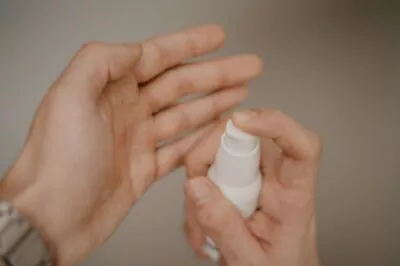
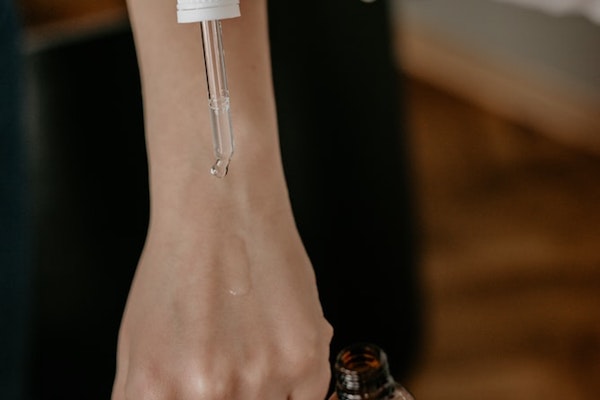

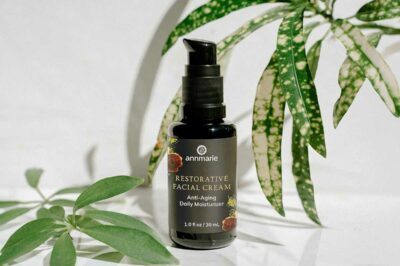


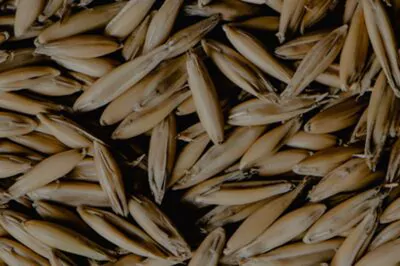
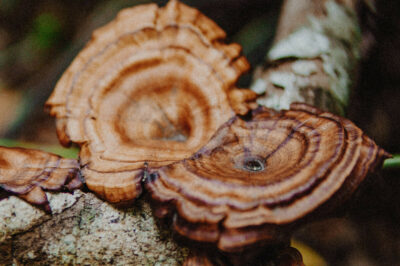
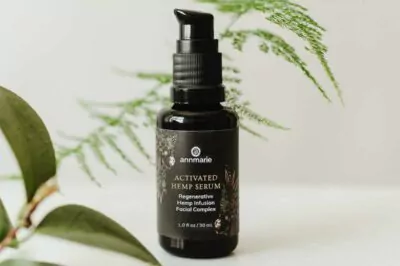
Bakuchiol, where can I find it. ( in what brand or products)??
Thanks, Reba
Herbivore has some